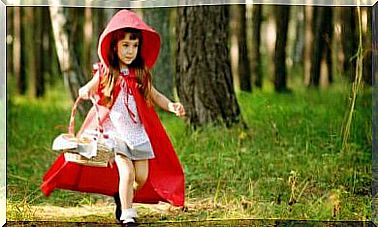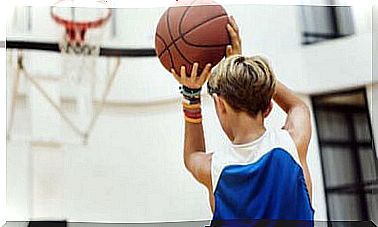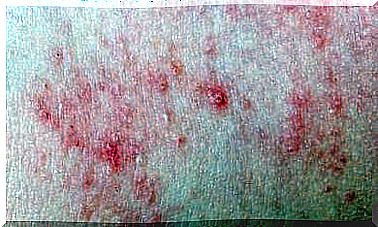Why Does A Child Bite And How Is Behavior Changed?
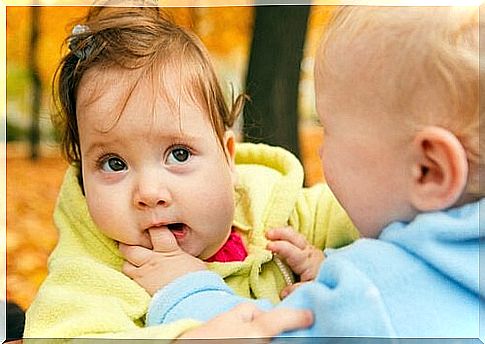
Many parents wonder why the child is biting. Biting is a common habit, especially in children ages 1-3, and can be caused by many reasons. Babies and toddlers use their mouths to explore the world around them and learn new things from it. The perfect sense of touch in the mouth develops earlier in many other parts of the body.
When teeth erupt, the child relieves gingival pain and discomfort by chewing objects. Children don’t have the same kind of self-control as adults, and they can taste and chew just about anything.
There is one thing to chew on objects, but why does a child bite other people? Biting is a way for a child to express emotions. Part of the bite is also due to the fact that the child does not yet know how to express himself linguistically well enough. A child may bite when they are nervous or frustrated, for example because of a change in their life.
Often biting is a way to get attention or get access to a toy, for example. Biting usually ends on its own when the child starts day care and begins to develop their communication skills.
Biting can also be due to a more serious cause, such as emotional problems. For this reason, it is important to pay close attention to the child’s behavior and try to find out why he or she is behaving the same way.
Next, we list the most common reasons for a child to bite.

5 reasons why a child bites
According to the U.S. National Association for the Education of Young Children , there are five main reasons for biting young children.
Research
A small child may begin to chew on objects because of their inherent curiosity. As we already mentioned, the mouth develops early and it is good to get acquainted with the interesting objects around it.
Babies and toddlers use all their senses to learn about the world around them. This means that a child can bite the hand of their peer. It is usually enough to simply tell the child that this should not be done again.
Getting attention
One reason a child bites is to get attention from adults and peers. In such a case, it is very important to explain to the child that the bite is wrong and will hurt others.
Prohibit the child from biting again. Teach the child that he must express himself in words.
Self-defense
If a child gets to know his or her peers in an unfamiliar environment, he or she may resort to biting. A child sees biting as a way to defend themselves against other children. The child should be assured that this is safe and that no one will hurt this.
Control
Children have a need for autonomy and control over things. When you notice the effect of the bite on the people around you, the child may feel stronger and stronger.
To correct such behavior, the child should be taught behaviors in the form of, for example, sharing toys, saying thanks, and being kind to others. The child must understand that respect is earned in completely different ways than through violence.
Change
One reason for a child’s bite is emotional problems or a major change in the child’s life. This is the case, for example, with the birth of a new sibling, a move or the meeting of unknown peers in day care. Biting is a way for a child to get attention and express their feelings about the situation.
How to act when a child bites?
Just because a child is forbidden to do something doesn’t mean he or she understands the difference between right and wrong. As he grows up, the child mimics the patterns and behavior he sees around him. This is why it is important for parents to set a good example for the child. It is up to the parent to show the child that there are other ways to work with fellow human beings.
Using language to solve problems, waiting for your turn, borrowing toys, hugging, respecting others, and being friendly — all of these are learned through example. When a child behaves well, he or she should be praised so that he or she understands that he or she is doing the right thing. It is a good idea to congratulate your child, for example, for playing calmly with a friend.
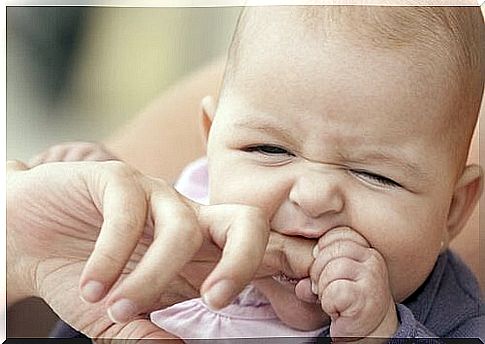
How do you get a child to stop biting?
The first step is to monitor the child to find out the reasons behind the bite. It’s a behavior that hardly ends overnight, but patience and understanding guarantee long-term results.
How do you get a child to stop biting?
- Think about why and when the child is biting.
- Do not get your child out of your eyes while he is with other children. Your presence calms the children.
- If a child bites another person, stay calm. Explain to the child that he or she did something wrong and that others should not be bitten. The only thing in the mouth is food!
- Discuss the topic with other parents and ask them how they have solved a similar problem.
- Do not yell at the child or punish this. Try to understand the child and his behavior.
Remember that as you grow up and learn, your child may develop habits that parents need to help him or her get rid of. The key is to understand the reasons behind a child’s behavior.
Support your child at all times and in all situations. If you feel that you are unable to solve the problem yourself, seek the help of a professional who specializes in the behavior of other parents or children.

